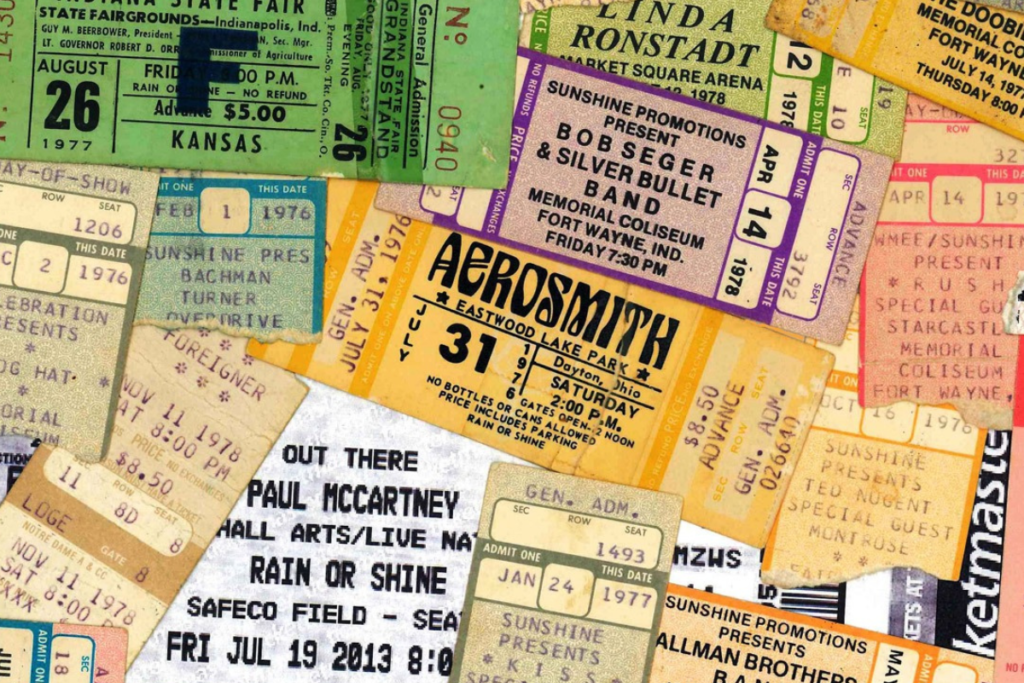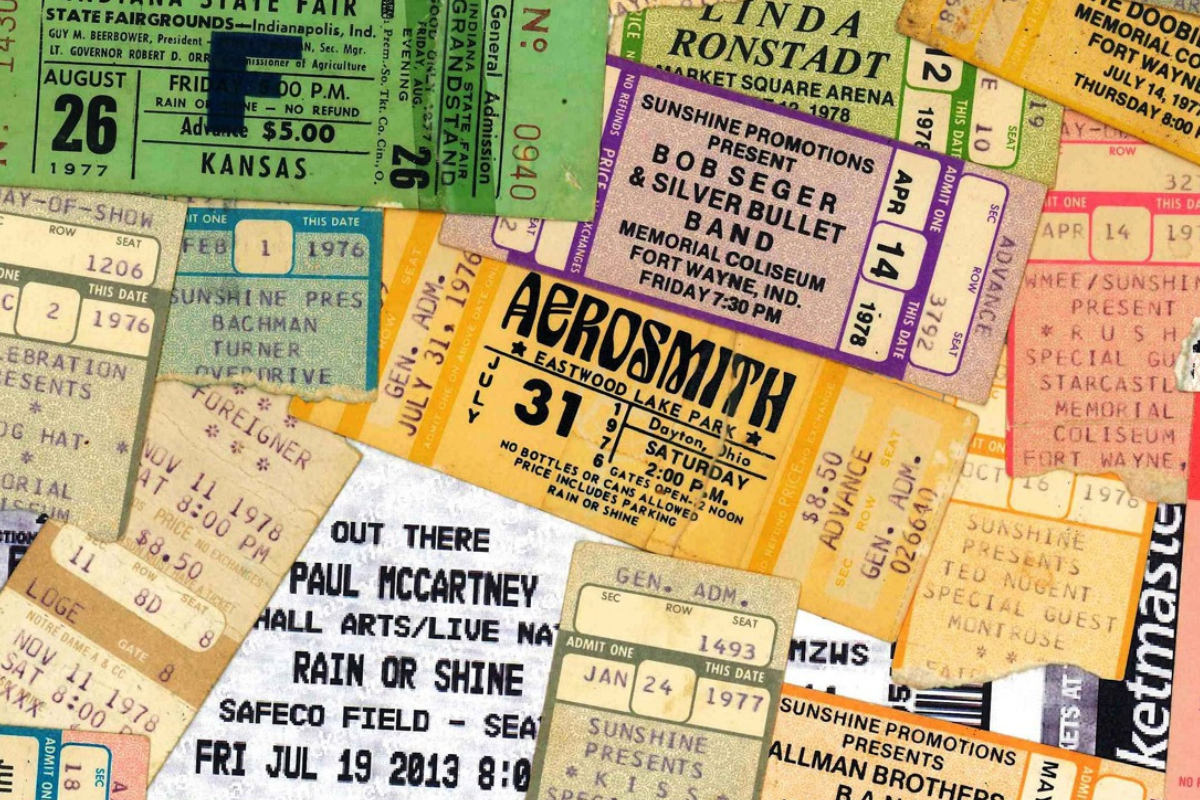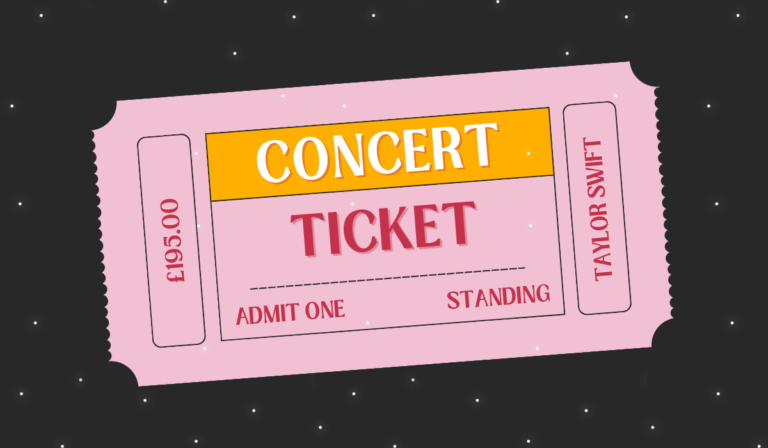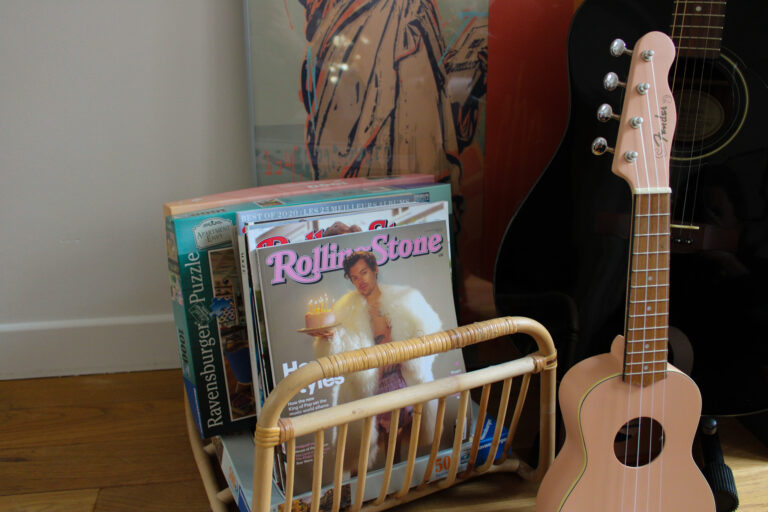How to Safely Buy Resale Tickets: Our Top Tips For Avoiding Scams

Keeping yourself and your money safe when buying resale tickets shouldn’t be a mystery.
If you’re an avid event-goer, whether it’s watching your favourite artist numerous times live in concert, or checking off a bucket list moment by seeing your favourite band for the first time – you are most certainly aware of how ticket resale scams are unfortunately all too common in this day and age. Whether they happen online or in person, these scams are a headache and are frustrating to deal with.
As 2025 gets off to a flying start and sold-out tours continue to glean your attention, let’s leave the fear of getting scammed in the past. Instead, put your focus on enjoying the events you love attending, safely and not being a victim of ticket fraud.
Avoid Buying Tickets off Social Media
As a fangirl, especially on X (RIP Twitter), interacting with other people that share the same interest as you is key to being a part of a fandom and supporting your favourite artist. But sometimes, especially with finances involved, you need to be careful with who you trust online. It should be prefaced here by saying that not all social media resellers are scammers. There’s a small proportion who are genuine fans, just looking to sell their tickets if their circumstances have changed and they’re no longer able to attend. But you should still be wary.
When an artist goes on tour, you’ll usually find posts floating around on X saying something along the lines of, “ISO (in search of) Harry Styles MSG N3 tickets, preferably pit, DM me!”
The problem? Anyone can see these tweets (if you have a public account that is). Scammers often create fake profiles pretending to be fangirls, searching keywords like “ISO” or the artist’s name, and will message or tweet the user giving their “offer.”
So, how do you protect yourself? It’s time to check the person’s profile. If an account has fewer than 100 followers, was created recently, lacks interactions with other X users, or isn’t discussing current fandom topics, these are clear red flags. It’s likely a scammer – block them and move on.
Purchase Tickets from Ticketmaster
Ah, Ticketmaster. While it isn’t everyone’s cup of tea, Ticketmaster is a legitimate selling website. The tickets being resold on Ticketmaster are tickets that were originally purchased through Ticketmaster itself (not third party websites), and these are advertised as Verified Resale Tickets, meaning they are authenticated by Ticketmaster.
According to Ticketmaster’s Ticketing 101 section on their website, they actively cancel tickets listed for sale on their website when they suspect they were purchased using bots. To break it down: this means someone illegally purchases large blocks of seats in order to resell them on secondary ticket sites at a much higher price compared to a face-value ticket.
Pro Tip: If the event you want to attend is approaching or if it’s the day of, don’t fret if you don’t have tickets yet! Sometimes you just need to keep an eye out and refresh the event page consistently. Venues often hold back a select number of seats at on-sale, and if the event is selling well, they’re likely to release them closer to the show day. Similarly, plans for fans can change. If you’re lucky, some face-value tickets might pop up out of nowhere. Just make sure your payment information is ready ahead of time and act fast to grab them!
Don’t Trust In-Person Ticket Resellers
Most of the time when you arrive at a venue, you’ll encounter people selling fake merchandise or even counterfeit tickets just outside the venue or a short distance away. While some people, maybe those who don’t keep up with fan culture or don’t regularly attend events, think they are getting a great deal. The reality, however, is that they are easily susceptible to becoming a victim of ticket touting.
Living in a digital age means tickets are usually stored on your mobile device. You either open the Ticketmaster app or your digital wallet if you add the tickets onto there, scan your phone when you walk into the venue and you’re all set. Easy.
Physical tickets, where you would either print or get the tickets delivered to your house from the website you ordered from (back when Live Nation and Ticketmaster did this), are, in 90% of cases, a thing of the past, and it’s been this way for quite some time now. Only in some smaller venues, or venues where you’ve been in to purchase from the box office, will you find physical tickets in circulation. Even then, it’s a rarity.
If you are looking to buy a ticket the day of your event and don’t want to spend time refreshing Ticketmaster (as previously mentioned), or getting scammed by a stranger online or near the venue, head on over to the venue’s box office. If tickets really are available, they are the people who will know.
At least this way, you are at an advantage because you’re already at the venue and you know for sure that the ticket purchased is legitimate.
With the right knowledge and precaution, buying resale tickets doesn’t have to be stressful or risky. By following these tips – avoiding social media scams, sticking to trusted vendors, and purchasing tickets directly from he venue’s box office, you can safely secure tickets to the event you’ve been eagerly counting down to.







